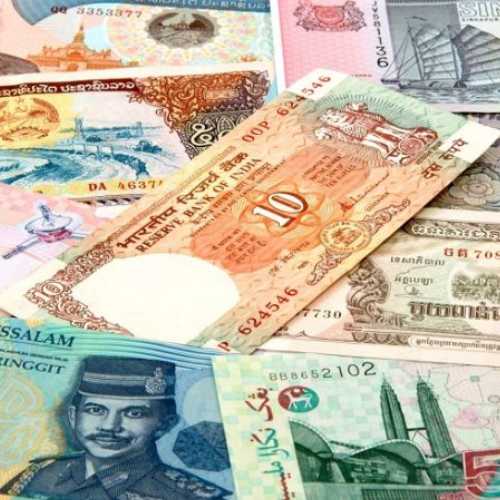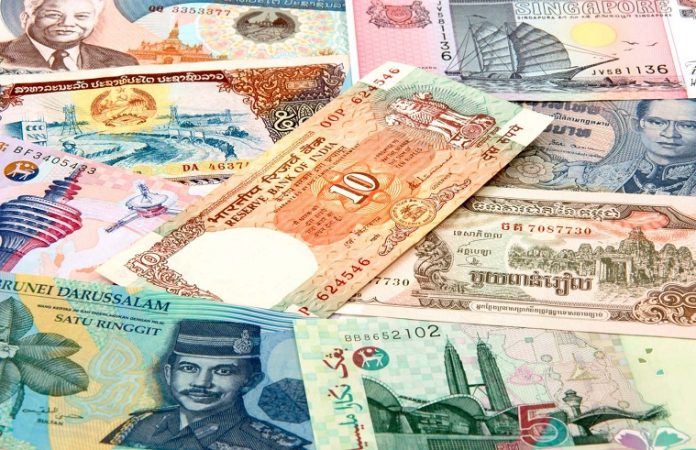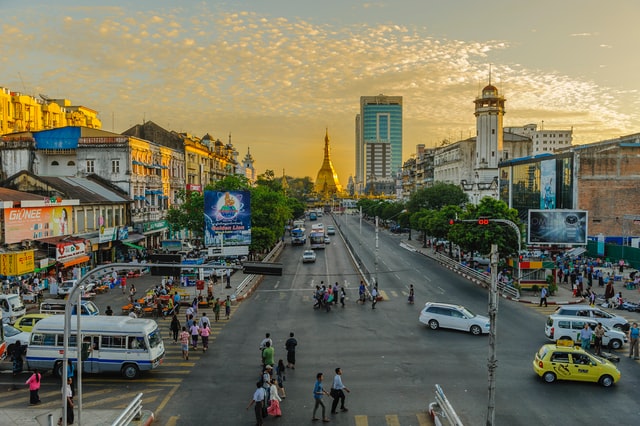After the 2008 financial crisis, world capitals (particularly in the West) adopted a decade-long austerity approach; G20 nations gingerly agreed to a stimulus equivalent to 2% of global GDP. Now, the International Monetary Fund (IMF) has estimated that countries have cut taxes or increased spending by US$11.7 trillion (RM48.7 trillion) thus far — 12% of global GDP — in response to the economic pain and disruption of the pandemic and related public-health measures.
Governments are passing relief packages of record size, numbering into billions of dollars. In Asean, the size of stimulus programmes has varied from 5.7% of GDP in the Philippines to 10.9% in Indonesia, and even 22.1% and 26.2% in Malaysia and Singapore respectively.
New policy ideas are being embraced in this crisis; even ideas dismissed just a few months earlier. Spain launched a universal basic income (UBI) in June 2020, offering monthly payments of US$1,145 to the country’s poorest 850,000 citizens. Similarly, South Korea is trialling a UBI with rural citizens of Gyeonggi Province, assigning up to US$443 a month per citizen.
Central bankers are experimenting too. As US Federal Reserve chair Jerome Powell noted, “[We’ve] crossed a lot of red lines that have not been crossed before … this is that situation in which you do that, and you figure it out afterward.”
Before the pandemic, governments steeped in neoliberal ideological obsessions have long been sceptical of spending too much money. Even politicians nominally on the left wing were wary of massive public programmes to resolve pressing social issues or provide basic needs. “But how do you pay for this?” was a common question when discussing these programmes in both legislatures and in the media.
These ideological constraints were threefold. The first was a concern that public spending “crowds out” private spending. Massive government programmes would force competing private firms out of the economy, thus ensuring that markets rely too heavily on the public sector and the absence of creativity would change capitalism as we know it.
The second was a general ideological wariness towards “big government”: In general, mainstream politicians and economists believe that goods and services, even critical ones, are best provided by the private sector wherever possible, creating jobs in the process.





























